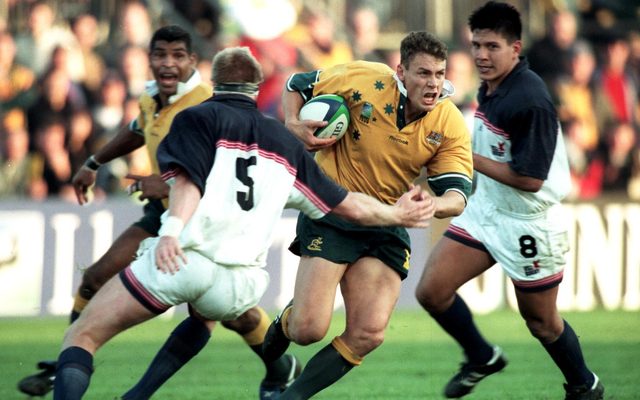This article is from the Australian Property Journal archive
SOUTH Africa’s Woolworths Holdings’ decision to hold onto the flagship David Jones Store in Melbourne’s CBD rather than sell it earlier has not paid off, after it sold the Bourke Street Mall property for a discounted price.
Woolworths disclosed in its latest trading update that it has sold the David Jones store at 294-310 Bourke Street last month with a leaseback agreement for $223.5 million to IP Generation.
But the sale price is not what Woolworths would have expected in light of the rebound in demand for retail assets.
Woolworths decided to retain the property years ago after selling the retail business to Sydney-based private equity firm Anchorage Capital Partners for about $150 million – a tiny fraction of the $2.1 billion it paid in 2014.
But the latest sale is below what the property would have fetched, when it had two opportunities to sell the asset over the past five years.
The larger 310 Bourke Street and the menswear building at 299 Bourke St properties were previously shopped around together by Woolworths five years ago and were under due diligence for $500 million, in line with the valuation at the time.
But by 2022, after Woolworths had sold 299 Bourke Street separately for $121 million, 310 Bourke Street was put on the market again and was expected to sell for $250 million.
The sale last month has generated $344.5 million – well below the $500 million price tag five years.
Despite the discounted sale, the sale of the David Jones store has eased Woolworths’ loss from the $2.1 billion acquisition of David Jones in 2014.
Because of the poor return from the sale of the retail business, at least Woolworths was able to extract value from the David Jones’ real estate portfolio, including offloading the menswear store at 299 Bourke Street for $121 million, pocketing $510 million from the Elizabeth Street store in Sydney and selling the Sydney menswear building at 77 Market Street for $360 million in 2016.
All up, the sale of the David Jones physical stores has yielded $1.214 billion for the South African giant.
“David Jones, Bourke Street Mall is a landmark CBD asset one of Australia’s most iconic retail destinations. The ability to acquire this property at ~$8,900 per sqm, with a yield of more than 7% and well below replacement cost represents a very attractive asset for us. We were also attracted by the recent major store refurbishment and the continued reinvigoration and gentrification of the Bourke Street Mall, including the new Melbourne Walk and 299 Bourke Street developments.” said Chris Lock, CEO, IP Generation.
Meanwhile this is IP Generation’s fifth major acquisition in the past 12 months, it also acquired a 50% stake in Cranbourne Park for $126.50 million from ISPT on a yield of 8.5%, paid $315 million for Stockland Glendale, $300 million on Craigieburn Central and $180 million for a 50% interest in Rockingham Centre in Western Australia. IP Generation was the top bidder to buy Dexus’ stake in Adelaide’s Westfield Tea Tree Plaza, however it was eventually sold to Scentre Group and Barrenjoey joint venture for $308 million.
The sale of David Jones Bourke Street Mall was exclusively brokered by Nick Willis and Sam Hatcher from JLL.
“Australian icons such as David Jones, Bourke Street Mall are rarely traded. The opportunity presented a unique investment proposition of irreplaceability, income security and long-term value. The sale marks the largest Australian CBD retail transaction in over 3 years and the largest single-asset retail transaction in Melbourne CBD in over 8 years,” said Willis.
“David Jones, Bourke St Mall’s consolidation of their David Jones Menswear Store in 2020 and more recently, their $38 million refurbishment of the property further underpinned the tenant’s long-term commitment to this location. The significant refurbishment has transformed the top three retail floors, a new ground-level beauty department and introduced luxury retailers such as Louis Vuitton set to open in 2025,” Hatcher added.
Willis said the transaction marks a significant milestone in the resurgence of CBD retail investments.
“Retail CBD transactions in 2024 were down 87% from the 10-year average. However, the CBD retail sector has shown resilience and recovery over recent years. Melbourne’s CBD retail vacancy rates have now reached a 5-year low of approximately 5%, now under the 10-year average and significantly below the national CBD retail average of 12%,” he concluded.




